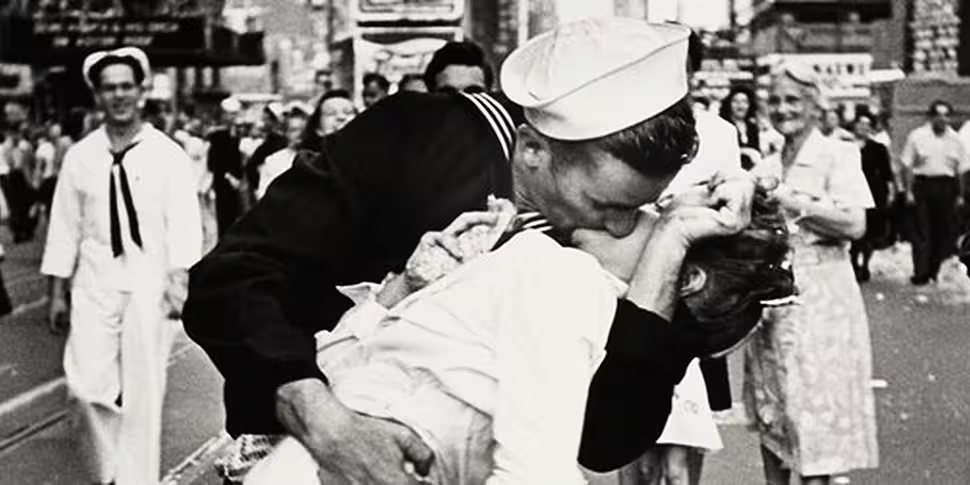In many cultures around the world, pecking on the cheek or locking lips is as familiar a greeting as a handshake and is such a norm that it goes almost entirely unremarked upon. But if you are hoping for a little Shirley Valentine holiday fling when you go backpacking this summer, bear in mind that in some parts of the world kissing is considered socially uncomfortable at best, and downright unpleasant at worst.
A recent study in the American Anthropologist Journal examined the kissing qualities of nearly 170 different world cultures, taking in societies from a wide range of geographical locations. And when it comes to necking, less than half of the groups showed any interest in using a kiss as an act of romantic affection, meaning that in 52 percent of the world, the chaste case is the rule and the embrace the exception.
The researchers found considerable differences in the attitudes to kissing around the world; in European cultures, romantic kissing is the norm in seven out of 10, falling behind the Middle East, where 10 out of 10 cultures lock lips. In North America, 18 of the 33 cultures examined were prone to a smooch, while this plummets to only four out of 33 in South America.
“Significantly, no ethnographer working with Sub-Saharan African, New Guinea, or Amazonian foragers or horticulturalists reported having witnessed any occasion in which their study populations engaged in a romantic–sexual kiss,” the researchers write, going on to say that kissing has never been historically valued by hunter-gatherer and forager communities.
Instead, the researchers, including William Jankowiak and Shelly Volsche from the University of Nevada and Justin Garcia of Indiana University, claim that “Western ethnocentrism” is to blame for our assumption that “romantic-sexual kissing is the [near] universal.”
Why do we love kissing?
In reasoning why romantic kissing managed to catch on with Western cultures, the academics reasoned with the theory that it works as a natural way of increasing immune resistance by spreading germs better. Other posited theories included allowing women to gain insight into the health and compatibility of male partners, or as a signifier of class.
"The emergence of the romantic-sexual kiss may coincide with other factors, such as oral hygiene or the rise of elite social classes that value self-control of affect and emotional displays", the researchers added.
The researchers could not reach a consensus on whether romantic kissing evolved from mother-to-infant mouth-to-mouth feeding.
"The romantic–sexual kiss may be a seemingly pleasurable part of sexual repertoires that vary across place and time but anchors on the truly universal human capacity for romantic love," the researchers said, wrapping up their report.
Shelly Volsche joins George on this evening's The Right Hook, to talk about kissing and its evolution. Tune in live at 6.30pm, or listen back to the show's podcasts here.









